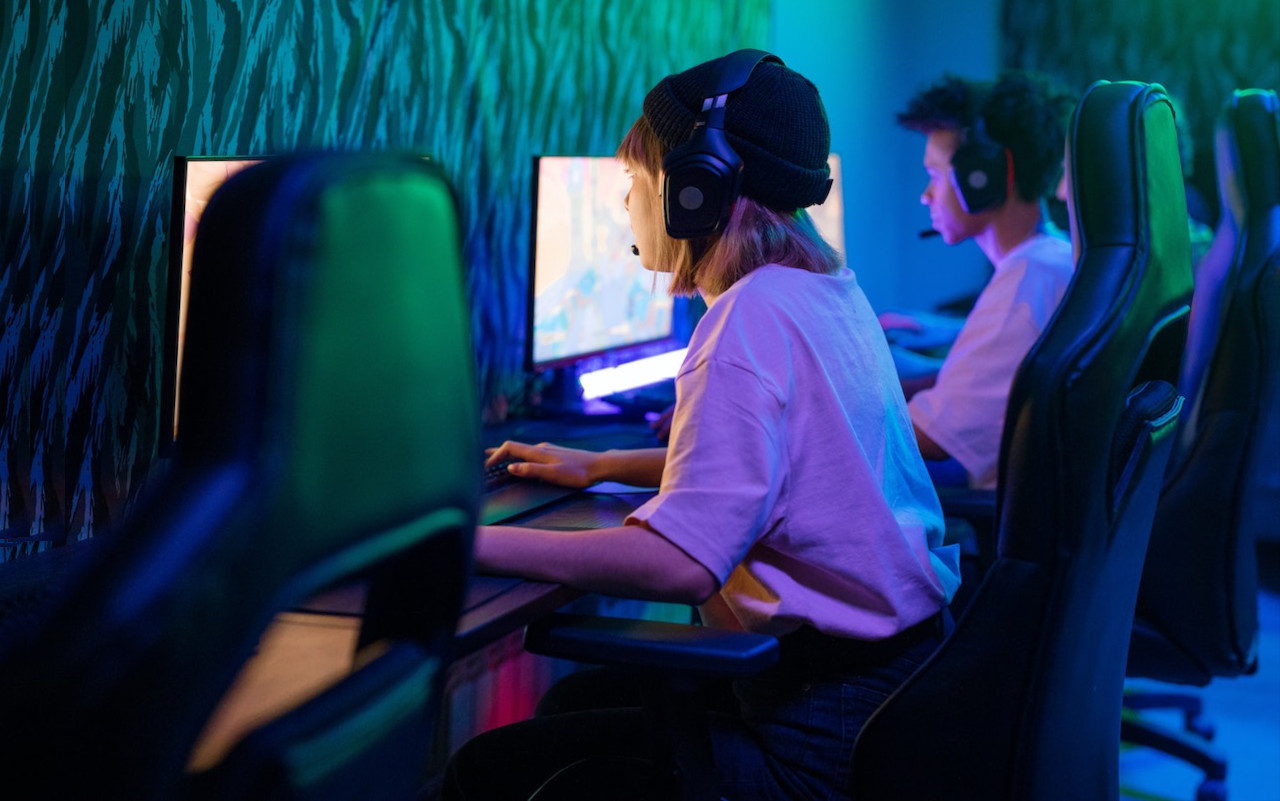The world’s first YouTube mom-gamer show shatters stereotypes about video games (and parents).
In 2020, amid pandemic and quarantine measures, video games are more popular than ever. But despite this, prejudice against them still thrives. Many still believe that games are frivolous and that shooters (“those shooters of yours”) make gamers aggressive and antisocial. Not to mention the fact that in 2018 “gaming addiction” was declared a disease.
Because of the negative image of video games, even adult gamers are often not willing to discuss their hobby with their parents. After all, it is people of the older generation who criticize it particularly vehemently. Or is it… another stereotype?
Parents against video games
In an effort to understand the situation, we turned to the analytical company Savanta, which conducted for us a global survey. Young gamers told us what their parents think about gaming and how it affects family relationships. And here’s what we learned.
More than a quarter of those surveyed worldwide hide their interests from their parents. Yet nearly half believe that being able to discuss games with their elders would make a difference in their lives.
Why is this not happening? Gamers believe that negative stereotypes about their hobby are the reason. Many parents believe that video games are bad for health – for example, they lead to obesity and lack of sleep. Another popular prejudice is that computer games “rot the brain. Also a part of the respondents admitted that the older generation considers games too cruel, and some parents are overly afraid of cyberbullying.
The real problems of gamers
Not all doubts of parents are groundless. For example, the problem of bullying in games really exists, and gamers do not hide it. In addition, some of the respondents noted that they have suffered from dishonest players – cheaters.
And of course, we shouldn’t forget that cheaters also steal gamers’ accounts, especially if they have valuable items. All of this put together brings a lot of stress, which could be alleviated by discussing gaming troubles in the family.
The benefits of video games
Even with all of these issues in mind, most gamers note that games help them relax and relieve stress – more often than they cause it. And this is not the only benefit of their hobby. Contrary to the popular belief about “rotting brains,” games help keep the mind in shape, teach useful skills in everyday life, develop logic and attention. Not without reason in business, education and other “serious” areas of life is increasingly popular gamification, that is, the use of game elements in the work.
And yet the game industry, whose turnover is growing every year – a lot of jobs for a variety of professionals. And who better than a passionate gamer to become a top-notch developer, game designer, game reviewer?
The benefits of video games: what parents think
As our survey showed, parents themselves also see in games not only the embodiment of evil. Many moms and dads agree that games provide great scope for creativity. In addition, they recognize that in the game you can learn a foreign language, learn communication skills – including cross-cultural, teamwork, as well as quick and efficient problem solving. And for all this are devoted to expensive courses, trainings and entire university programs.
By the way, the older generation represents the benefits of video games not only on the example of their children. Older people… are also active gamers. So why is the wall of misunderstanding between gamers and parents so impenetrable?
They’re gamers, and they’re happy moms
We decided to help the generations to establish a dialogue about video games and invited the real experts on the subject – gaming moms! The world’s first #MumsGotGame show for parents of gamers and parent gamers featured three moms who have raised famous gamers or become Influencers in the gaming community: Anne Fish (mom of player Benjyfishy and cybersports coach), Keza MacDonald (video game editor at the Guardian) and Ruth Payne (mom of player Behzinga).
Together they discussed the impact of video games on family communication and the search for a common language between parents and gamers, breaking down stereotypes and describing new opportunities for personal and career growth that the gaming industry and cyber sports offer. The topic of quarantine, which has significantly changed the world of online gaming, was not ignored.
Safe Games
As for those problems that really exist in the games and can not but worry caring parents, our mothers discussed them. And told how they can be solved without resorting to total control and interference in the personal life of the player.
However, we can give you some advice right in this post:
To keep accounts from being stolen, it’s a good idea to protect them and keep anti-virus on when you’re playing. “Antivirus lags” is another immortal prejudice, only among gamers. Modern security solutions do not interfere with the game at all. Recently, the world record for fast Doom Eternal was set on a computer with Kaspersky Internet Security turned on – is that not proof?
To protect loved ones from aggressive attacks, you need to talk to each other about what matters. Mutual support will improve the weather at home and give gamers the strength to resist bullying and boorishness – and not just in games, but in other areas of life as well. In a situation of forced social distancing, it becomes especially important.
If you’re not ready to overcome doubts and stereotypes, maybe the Mum’s got game show will help you find the words and understand each other. We wish you good luck, and may video games become your common interest.



